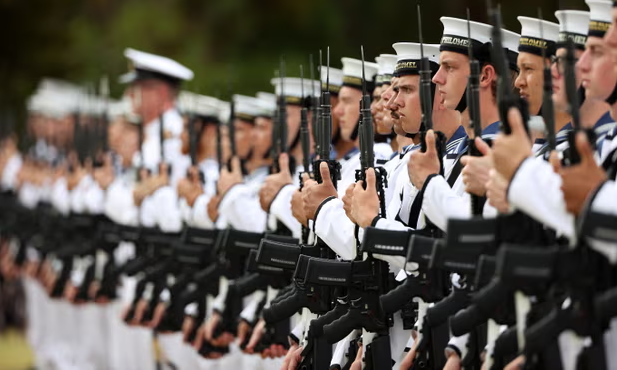NZ must boost military spending as Pacific power struggling

The Pacific power struggle is intensifying, so New Zealand needs to boost its military spending
The minister of defence launches New Zealand’s first security strategy, warning it faces the greatest geostrategic challenges in decades.
To meet the challenges of great power rivalry and climate change, the government says it needs to invest more in its military and strengthen ties with Indo-Pacific countries.
New Zealand faces more geostrategic challenges than it has in decades, defence minister Andrew Little said at the launch of the country’s first ever national security strategy.
Despite being 9,000km away, Wellington’s inaugural security strategy underscores how China’s rise is upending old norms and behaviors.
“China’s growing power extends to its use of all its national power instruments in ways that might challenge existing international rules and norms,” read one policy document.
New Zealand’s security had been undermined by Chinese state-sponsored actors exploiting cyber vulnerabilities, according to another document.
In a policy document published with the strategy, New Zealand’s military needs more investment, equipment, and training to be prepared for armed conflict and disaster relief operations. There will be a further review to determine what investments are needed.
In a region “which, up until recently, we thought was protected by its remoteness,” Little highlighted climate change and great power competition as potential threats.
“Our response and preparedness must change as a result of changes in the domestic and international security environment,” Little said on Friday. The strategies and capabilities we need to respond are crucial.
In addition, a wide-ranging review prioritized deeper defence ties with Australia, New Zealand’s only ally, and closer ties with other regional partners, such as the US, whose presence in the Indo-Pacific was “critical” to the country’s security.
A famous ban on nuclear-armed and nuclear-powered vessels from New Zealand’s waters was enacted in 1984 as a way of protecting its independence.
The review, initially scheduled for completion by mid-2024, comes at a time when the country’s defence forces are stretched thin despite significant investments by the Labour government to upgrade parts of the country’s Vietnam-war era airfleet and boost military salaries to improve retention.
As a result of staff shortages, three of the Navy’s nine ships remain idle, and plans to build a ship suitable for patrolling in the harsh conditions of the Southern Ocean have been shelved.
According to Little, New Zealand, which spends about 1% of its GDP on defence, must make significant investments if it is to meet neighbours’ and partners’ expectations.
